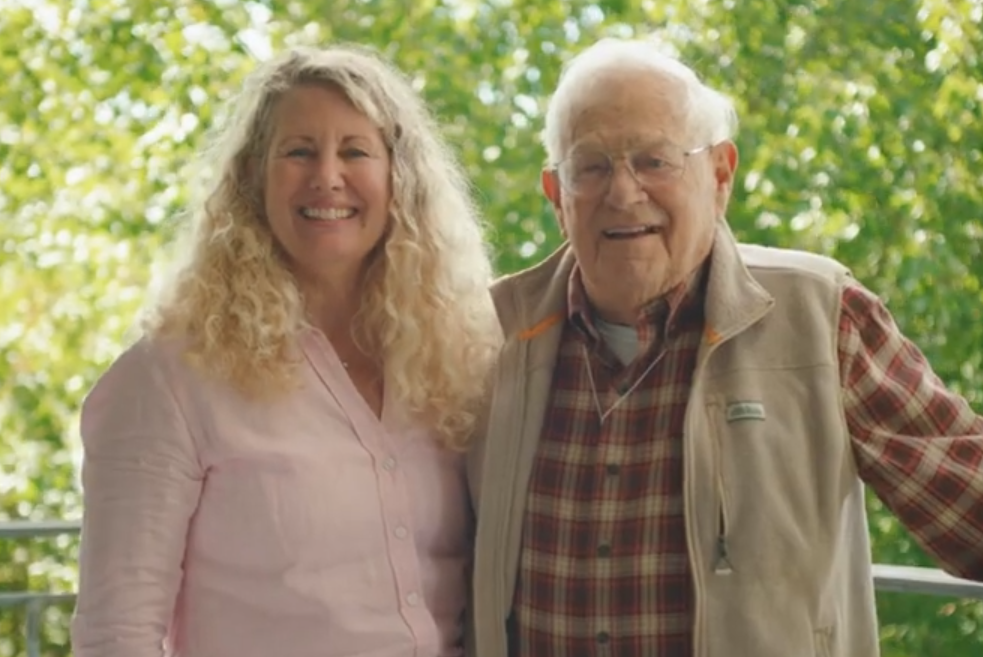

A Place to Call Home
The Shores provides complete senior living in Cape May County, New Jersey. Here, friendly faces and ocean breezes create a warm, inviting atmosphere where you can enjoy comfort, care, and connection just steps from the beach.
At The Shores, every day feels like a breath of fresh ocean air—uplifting, peaceful, and full of possibility. With comprehensive support, a variety of lifestyle options, and friendly neighbors, you’ll feel right at home in this one-of-a-kind community.
Community Life
At The Shores, life is shaped by the easy rhythm of the coast and the warmth of the people who call it home.

Amenities
Enjoy cozy studio and one-bedroom apartments that feel like home, a fitness center and even a beauty salon.

Dining and Menus
Delicious, well-balanced dishes using fresh ingredients, served in welcoming dining rooms. Every bite is made with care and served with a smile.

Events and Activities
From exercise classes and social gatherings to live music and educational talks, there is always something happening at The Shores.
Living Options
At The Shores, you’ll find comfortable living options designed to fit your lifestyle.

Assisted Living
Personalized support with meals, dressing, bathing, medication, and exercise so you can enjoy each day with confidence.

Independent Lifestyles
A great choice for active older adults who value their independence but appreciate a little extra support when needed.

Memory Care
Through our Tapestries™ Memory Care program, residents experience a safe environment with compassionate, specialized support while staying connected to our vibrant community.
Resident and Family Feedback

Mark
"It's just been a great, wonderful experience for my mom being here at The Shores, better than I could have ever expected."

Betsy
"The staff that you have here are people that are willing to go that extra mile. It's kind of like a big family here."

Danine
"The socialization, the family feel, the activities, the therapy. It's an opportunity for her to kind of enter a new phase of her life."

Floor Plans
Each apartment at The Shores is designed with comfort and safety in mind.
View Floor Plans
About The Shores
Located in Ocean City, New Jersey, also known as “America’s Greatest Family Resort,” The Shores offers a vibrant, welcoming environment for senior living. With a full range of services and amenities, there’s always something to enjoy in our community.
Learn MoreCome and Visit Us
We invite you to visit us and meet our friendly team so you can see why so many choose The Shores for senior living in Cape May County.
The Shores

609-399-8505

2201 Bay Ave.
Ocean City, NJ 08226






